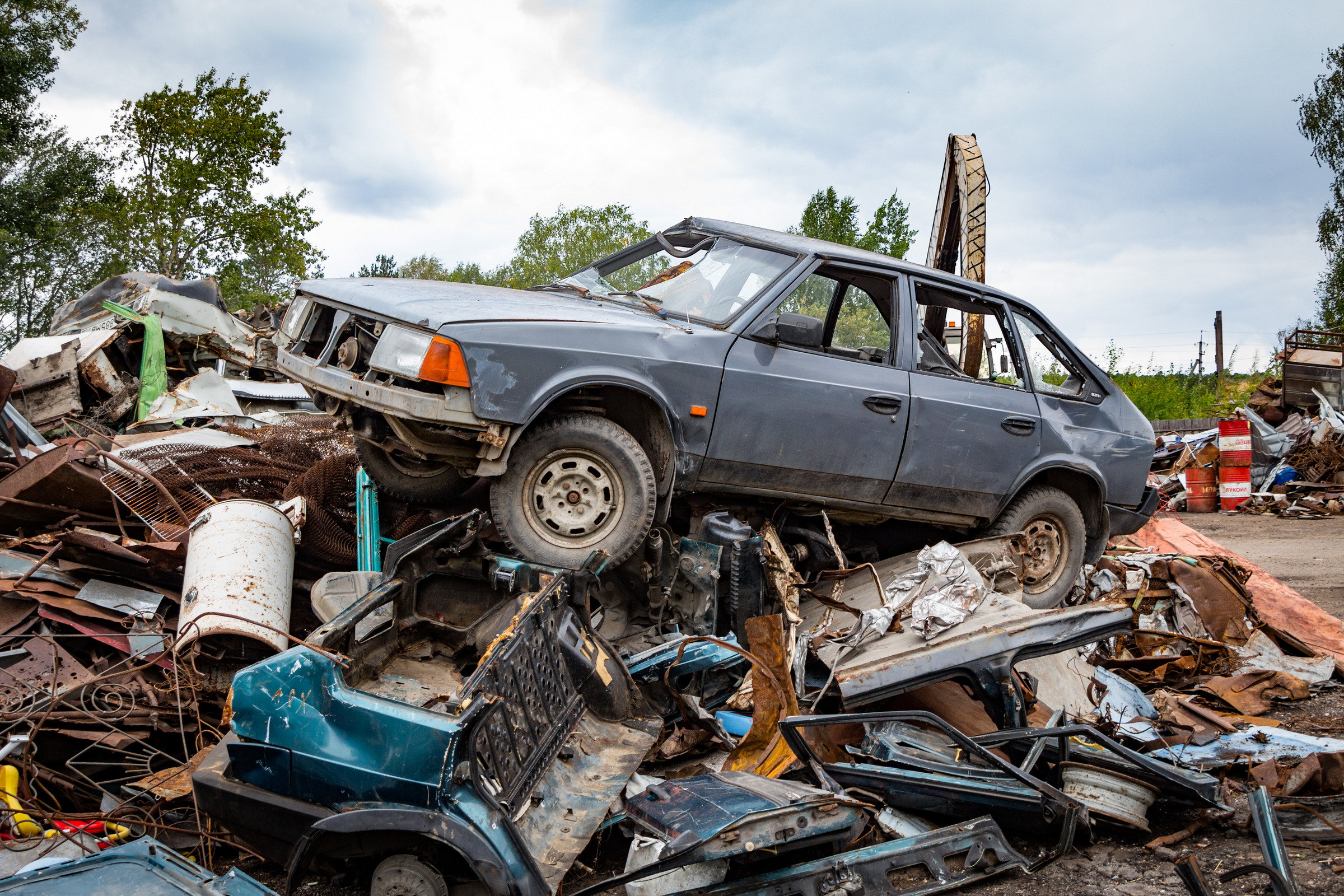How To Scrap Your Car In Ireland

As cars age and become less reliable or more costly to maintain, many owners find themselves faced with the decision to part ways with their old vehicles. We often face the challenge of what to do with our old vehicles once they reach the end of their life. Instead of allowing them to become an eyesore or burden on the environment, it is important to know the proper steps to scrap your old car responsibly. In this blog post, we will provide a comprehensive guide to help you navigate the process of scrapping your old car in Ireland, ensuring both environmental sustainability and legal compliance.
Research Your Options
Before you begin the scrapping process, it is crucial to gather information about your options. Research local authorized treatment facilities (ATFs) or scrap yards that adhere to the necessary regulations and have a good reputation for responsible disposal. Look for ATFs that are registered with the Environmental Protection Agency (EPA) and have a valid waste permit.
Notify the Department of Transport
In Ireland, it is a legal requirement to notify the Department of Transport, Tourism, and Sport when scrapping your car. Fill out the Vehicle Scrappage Notification Form, which can be obtained from your local Motor Taxation Office or downloaded from their website. Provide accurate details about the vehicle, such as its registration number and current location.
Choose an Authorized Treatment Facility
Selecting a reputable authorized treatment facility (ATF) is crucial for responsible car scrapping. ATFs are equipped to dismantle vehicles and recycle or dispose of the different components in an environmentally friendly manner. Ensure that the ATF you choose is registered with the EPA and holds a valid waste permit. Contact them to confirm their acceptance of your vehicle and inquire about any specific requirements or fees.
Prepare Your Vehicle for Scrapping
Before delivering your car to the chosen ATF, there are a few essential steps to take. Remove any personal belongings from the vehicle, including important documents, license plates, and valuables. Ensure that you have the vehicle's logbook (V5C), as the ATF will need this document to process the scrapping. If your car is still insured, inform your insurance provider about the impending scrapping to avoid unnecessary premiums.
Arrange for Transportation
Transporting your old car to the authorized treatment facility is your responsibility. Depending on the condition of the vehicle, you can either drive it to the ATF yourself or arrange for it to be towed. If you choose the latter, contact a licensed vehicle recovery service or consult with the ATF for recommendations. Be prepared to pay for towing services if necessary.
Complete the Scrapping Process
Once your car reaches the authorized treatment facility, the scrapping process begins. The ATF will undertake the dismantling and recycling of various vehicle components, including fluids, batteries, tires, and hazardous materials. Some parts may be salvaged for reuse, while others will be properly disposed of according to environmental guidelines.
Obtain a Certificate of Destruction
After the scrapping process is complete, you will receive a Certificate of Destruction (CoD) from the authorized treatment facility. This document serves as proof that your vehicle has been responsibly disposed of and relieves you of any further legal or financial liabilities associated with the car. Keep the CoD in a safe place for future reference.
Conclusion
Scraping your old car in Ireland requires careful planning and adherence to specific regulations. By researching your options, notifying the Department of Transport, and selecting a reputable authorized treatment facility, you can ensure responsible disposal of your vehicle.
Author

Justin Kavanagh
Justin Kavanagh is a recognised leader
in automotive intelligence and vehicle
data supply to the entire motor industry.
He has almost 20 years experience in
building systems from the ground up.
As the Managing Director of Vehicle
Management System, he understands the
need and importance of trustworthy and
reliable vehicle history and advice to
both the trade and the public.
Follow me on LinkedIn